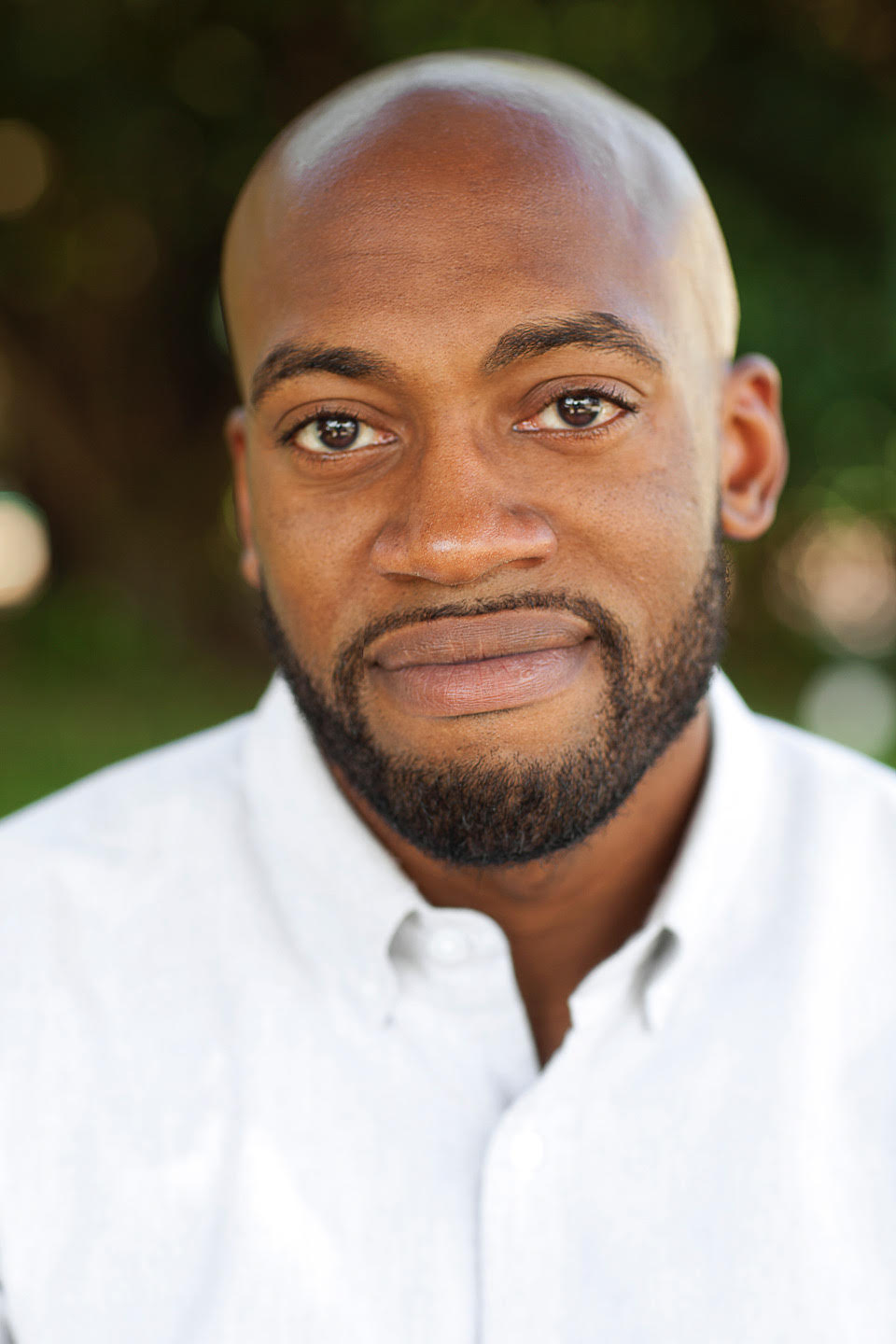My producer Brent Baughman and I had planned to run an episode (of our podcast It’s Been a Minute with Sam Sanders) about The Onion (the satirical newspaper) on Tuesday. I had spent a day in their headquarters a few weeks ago and got some great tape. The whole thing was going to be about their process and how they find ways to laugh in the midst of such weird news cycles.
But it was clear by Sunday afternoon, after the events in Charlottesville, that interviews with a satirical publication’s lead writers and editors were not the most valuable thing to give listeners last week. The news was not funny.
So we spent Sunday pondering what to do. We both were out of town, so there were several hours typing furiously over iPhones, in airports, and rental cars. We came up with a plan to put together a special episode, and to spend Monday throwing a bunch of stuff at the wall, taping as many conversations as we could—with journalists who’d been to Charlottesville, residents, experts on race and extremism, and with listeners all over who were just grappling with current events. We knew from the start we wanted to have a lot of different types of voices. And we knew for sure we didn’t want to only talk to black people.
Throughout the day, as we taped those conversations, we realized some of the most interesting conversations we were having were with white people. We were hearing them say things we hadn’t heard before. Not to discount any contributions from other listeners we talked to, but this just felt different. This wasn’t entirely by design—our listeners, like almost all public radio audiences, are majority-white, and we’d heard from many white listeners who wanted to talk.
So, as we began to discuss how to frame the episode, Brent and I talked about this pressure people in marginalized groups often feel after a weekend like this one; they feel they’re expected to lead the conversation and start the healing after a tragedy befalls the group that they, rightly or wrongly, are seen to represent. We thought it would be interesting to lean into the white conversations we’d been having. To flip the script, and to challenge our white listeners to hear conversations for them, about them, with them.
So many of the young white men in Charlottesville came there from white communities. They went back home to white communities. They have white families, white friends, and white loved ones. Shouldn’t this conversation start there?
We had no designs to confront a racist listener or anything like that. We were aiming for the softer underbelly of racism, tiny decision points well-meaning white people confront all the time. When your relative makes a racist joke, do you ignore it because that’s easier? When a friend posts something off-color on Facebook, do you choose to start engaging online, or talk in person? Do you cringe at the thought of teaching your white children about racism because, after all, kids aren’t born racist?
The idea behind the episode was to suggest that white people in the aftermath of Charlottesville should go talk to white people.
We talked with several white listeners, a historian at the University of Virginia in Charlottesville, a developmental psychologist, and NPR’s Sarah McCammon, and we went over a lot of those questions. Doing so with all white voices seemed to resonate deeply with many listeners. They could hear other white people talk through the same struggles with race they share. It’s too early to quantify the episode’s performance, but social media feedback has been through the roof, far beyond what we normally see even from our very engaged audience.
The idea behind the episode was to suggest that white people in the aftermath of Charlottesville should go talk to white people. Not because there are any big, simple answers to be found in a single conversation. But because the problem of race in America is so complex and layered that deeper understanding can only be arrived at over the long term, in many conversations. Some of us have been having those conversations for decades. And it’s time for White America to figure out its role.
I have wondered a bit since we taped the episode how my race played into it all. I really only want to speak about race when it feels right, and when I do, I want to speak about race in ways that will challenge all of our listeners. I am not actually sure if a white host trying to do the episode I did, with only white people, would have gotten away with it. I can see the headlines now; they wouldn’t have been pretty. But I am consistently impressed by how much leeway the network has given me and Brent, to not just push the envelope, but to try to have conversations that are in some way new, and share them with the world.
I think this episode did that. And I’m quite proud of it.
Producer Brent Baughman contributed to this story.
Sam Sanders is a correspondent and host of It’s Been a Minute with Sam Sanders at NPR. He was one of the original cohosts of NPR’s Politics Podcast, which launched in 2015. His writing has appeared in the Washington Post and Politico magazine.

